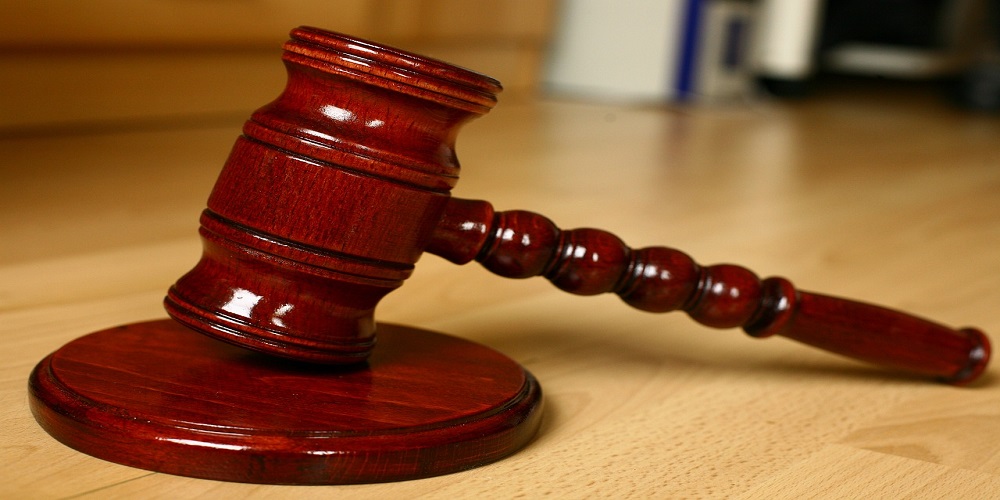If you’ve been charged with a crime, the last thing you want is to get lost in the system. But it’s not just about getting out of jail or off probation; your criminal defence lawyer needs to do everything possible to help ensure your case goes as smoothly. Whether you’re facing charges for murder, assault or fraud—or any other type of offence—certain things can destroy an otherwise strong defence strategy:

Arguing with Police Officers
Officers have a job, but they are only sometimes right. If you are in the right and the police officer is not being reasonable or fair, stand up for yourself by asking them to explain themselves.
If you are in the wrong and don’t want to admit it, accept your punishment without protest or further argument.
Trying To Look Innocent
When you’re in front of the jury, it’s important to remember that your emotions are not only valid but also necessary for your defence and remember your rights when arrested. Trying too hard to look innocent can make people think you’re guilty and undermine your case.
Talking About Your Case to Others
Don’t talk about your case to anyone other than your lawyer. Don’t talk about the case to family or friends. It may seem like a good idea at the time, but it can end up hurting you by revealing that you are talking about things that don’t belong in court, such as what happened on a date or whether someone got arrested for some reason.
Don’t talk about the case to anyone else who might be called as a witness at trial. That includes members of law enforcement agencies and any other witnesses who will testify against you (like co-workers).
Trying to Represent Yourself
You need to know the law. You will need to cross-examine witnesses, present your evidence and argue with other sides’ arguments (if there are any). You need to know what evidence is relevant and admissible and how best to present it in a way that will impact your case, all of which is very difficult unless you’re a professional lawyer.
Lying to Your Lawyer
If you lie to your lawyer, it will not be in their best interest to continue with your case. They need to know everything about what happened to defend against it properly. In addition, lying could lead to additional charges being filed against you, making things much more difficult for them and making getting a good outcome even harder.
Your lawyer will also have no choice but to report any lies that come out of your mouth because they want nothing more than their client’s case outcome to go smoothly and without any issues or complications. This means that if there are any discrepancies between what happened at trial versus how things were represented during preliminary interviews or discovery motions before the trial begins, then those discrepancies must be disclosed immediately as soon as possible so that everyone involved knows where things stand from an informed perspective before proceeding further down such paths towards resolution.
Failing to properly prepare for the trial
You should start thinking about how you will defend yourself when arrested. If you haven’t done so, you should consult a lawyer and get advice on your best defence strategy. If you’ve already been charged with a crime, it’s a good idea to investigate how other people have dealt with similar situations.
Hiring a lawyer who doesn’t specialize in criminal defence
A criminal lawyer is there to represent their client and know the law inside out. You need an experienced criminal lawyer who knows all the ins and outs of criminal law and can advise you accordingly. It’s also crucial that they understand what evidence will be presented against their client at trial so that they can advise them accordingly on how to respond if and when this evidence is put before a judge or jury.
Conclusion
The old saying is true: it’s better to be on the right side of a case than on the wrong side. Criminal defence lawyers can help you navigate a complex criminal process, from arrest to trial and beyond. It’s essential to have a criminal defence lawyer who knows the law, and it’s also vital that they know the courts in your area and your rights when arrested.
They know how judges, prosecutors and juries work together to reach verdicts and the type of evidence required for victory. Their experience translates into practical strategies that will help keep your freedom intact!

